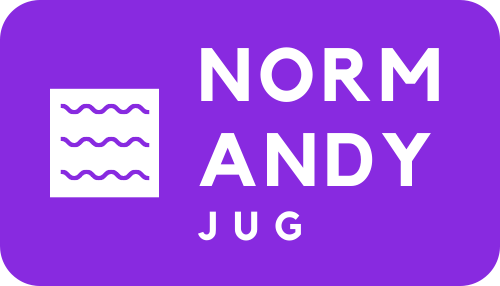
Is It Safe to Take Bath Salts As a Natural Alternative to Cocaine and Weed?
Bath salts are generally a group of designer drugs used for their stimulating effect on the senses. The word derives from cases where the seemingly innocent bath salts were disguised as bath powders. The salts have a pleasant and calming effect on the skin, relieving stress, improving blood circulation, and attracting positive energy. The Dead Sea salts vary widely in their prices and quality, from the most expensive crystals to the cheapest products.
The bath salt market is replete with different types of bath salts; however, there are only two major types of these: mescaline and tryptophan. Mescaline is a non-toxic, natural stimulant similar to caffeine, and is derived from the roots of the tryptophan plant. It has been used in treating psychoses, alcoholism, anxiety, and drug addiction for centuries. Recently, the synthetic cathinones in bath salts have been used as an alternative to synthetic drugs.
Tryptophan, which is the common component of bath salts, is a powerful non-stimulant, with few side effects, and can provide a mild form of temporary sleep. It has been used in the treatment of sleep disorders such as insomnia, and chronic fatigue syndrome for many years. Tryptophan has a unique capacity to reduce feelings of anxiety, tension, and irritability, and increase serotonin levels in the brain, which in turn improves mood and emotional stability. However, tryptophan is also known to have strong stimulant properties.
Many people believe that tryptophan-based bath salts act as a natural mood stabilizer, and a natural alternative to “uppers.” This is a popular misconception because tryptophan itself is not a stimulant; it is an amino acid that is essential for human survival. Because it is present in small quantities in food, tryptophan must be ingested in very minute doses to achieve the desired effects. This means that bath salts contain only trace amounts of tryptophan, making them a very ineffective diet supplement.
Some may argue that bath salts contain no addictive substances, but these are hard to prove, as it is easy to exceed the recommended daily intake of a single chemical, and overdose may result. Bath salts do contain caffeine, ephedrine (a derivative of the ephedra plant), and other synthetic cathinones, which are highly addictive and dangerous if taken in excess. Caffeine produces increased blood pressure, and may produce heart palpitations, seizures, and heart failure. Ephedrine can cause severe adverse reactions in combination with other drugs.
Tryptophan, ephedrine, and other bath salt drugs can also interact with many other drugs including antidepressants, tranquilizers, and mood stabilizers. If a person taking a MAOI (Monoamine oxidase inhibitor) already suffers from symptoms of depression, delirium, or other side effects from high dosages of prescription drugs, bath salt drugs may exacerbate them or even kill them. MAOIs can inhibit or destroy specific chemicals in the brain, which can be the cause of various psychological conditions. Because tryptophan has become such a trendy bath salt trend, there is a very real danger of unknowingly poisoning people who use them to get high.
